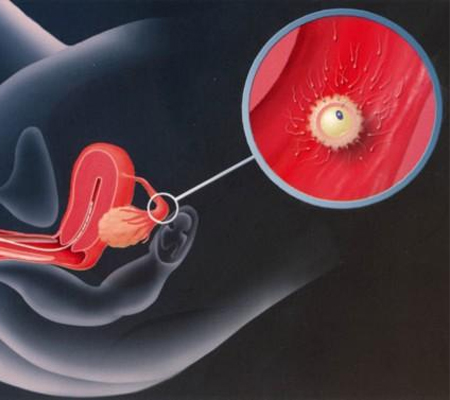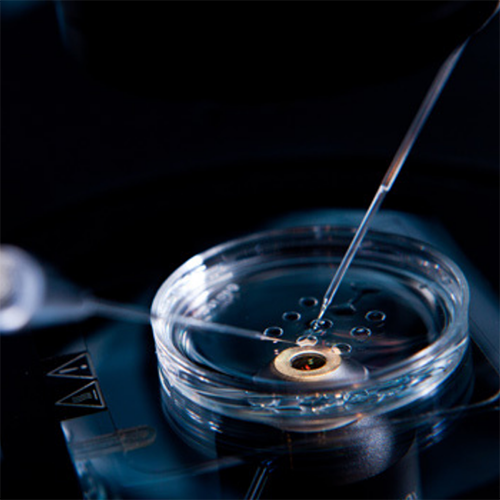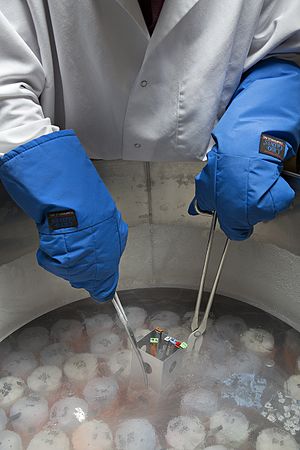

During an intrauterine insemination (IUI) procedure, sperm is placed directly into the uterus using a small catheter. The goal of this treatment is to improve the chances of fertilization by increasing the number of healthy sperm that reach the fallopian tubes when the woman is most fertile.


In vitro fertilization (IVF) is a procedure designed to improve fertility in patients who have not been successful with ovulation induction or intrauterine insemination, or who are not candidates for those more conservative treatments.
ICSI is a laboratory procedure and a form of micromanipulation. It involves the injection of a single sperm directly into a mature egg using a glass needle called a micropipette.


In fertility medicine, a surrogate is a woman who carries a pregnancy for another individual or couple.
Cryopreservation is the systematic freezing and storage of eggs, sperm or embryos, allowing the preserved cells to be used at a later time.
